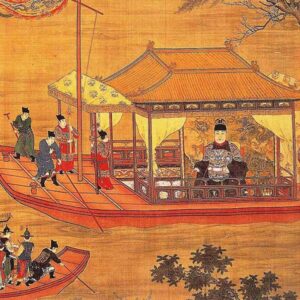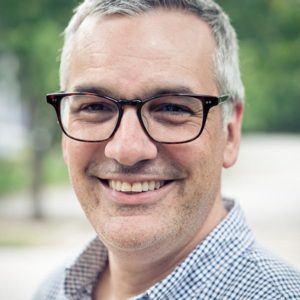
National Humanities Center Partners with Geiss Hsu Foundation to Support Scholarly Work on Early Modern China
The NHC has received an award from the James P. Geiss and Margaret Y. Hsu Foundation to support a scholar working on a topic involving Early Modern China in each of the next three academic years, beginning in 2023–24. The award will help fund a residential fellowship at the Center for selected scholars to pursue book-length projects. They will join a cohort of 30–40 other humanities scholars from across disciplines working on a wide range of topics as part of the Center’s robust intellectual community.







